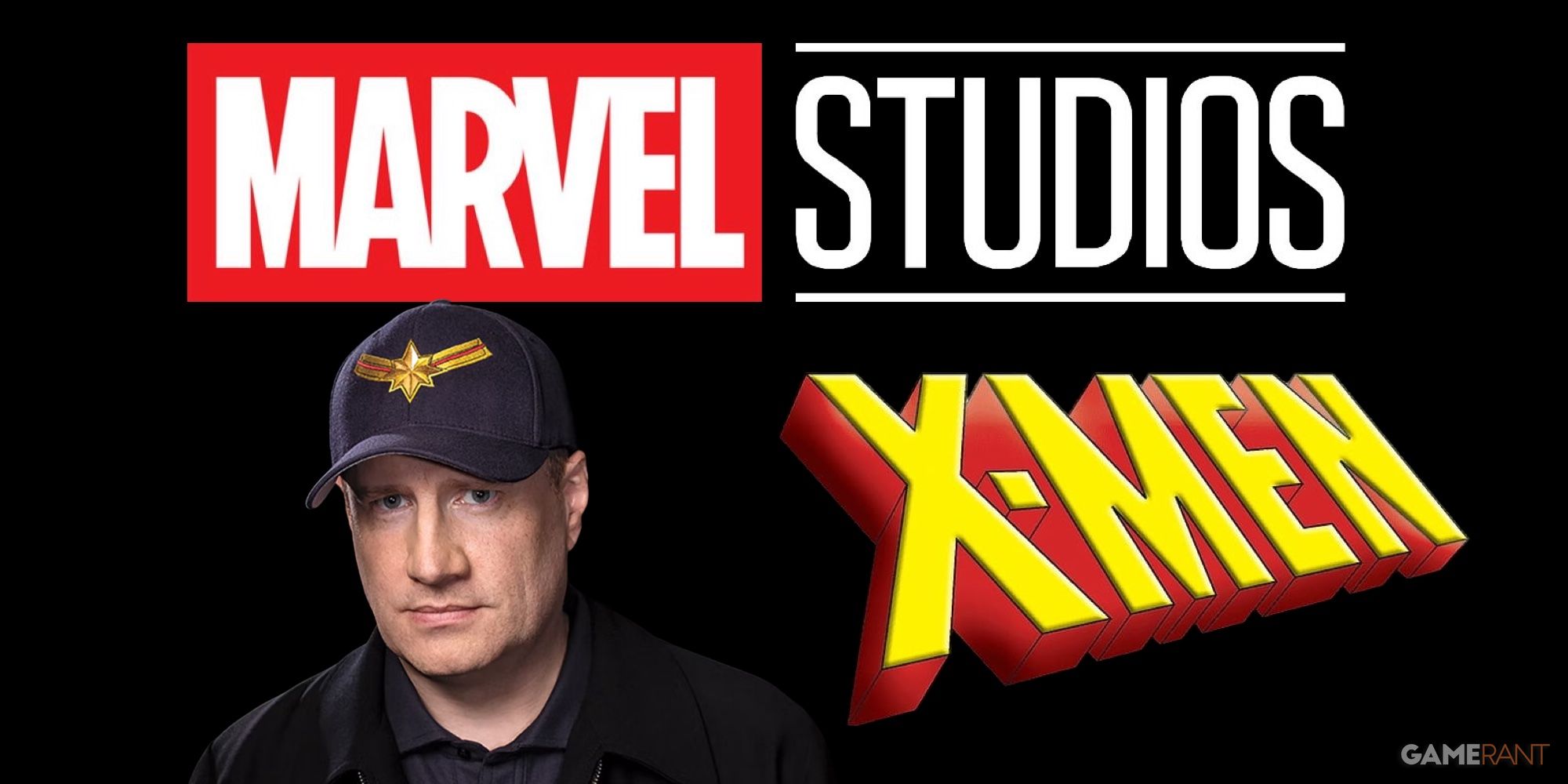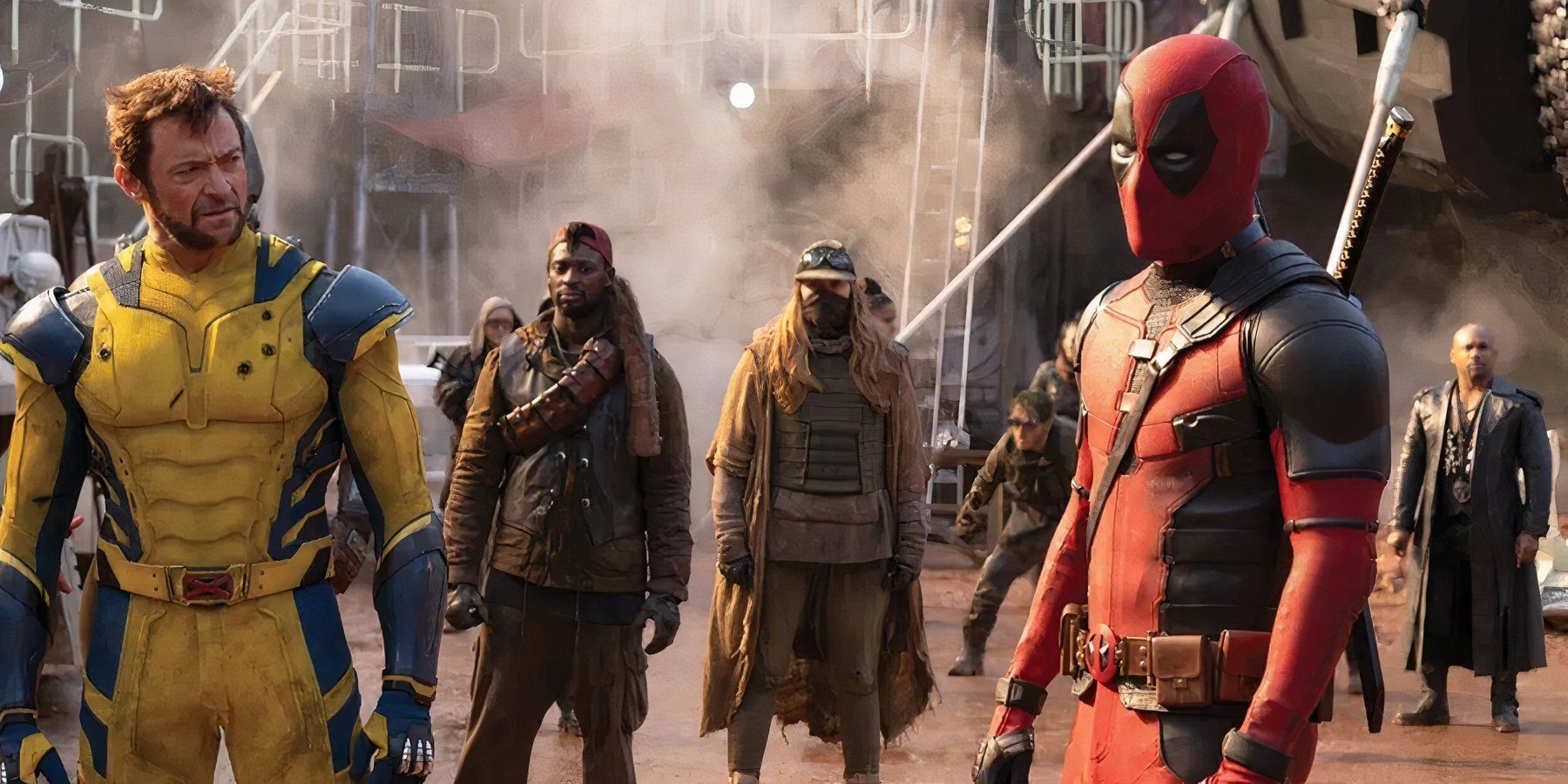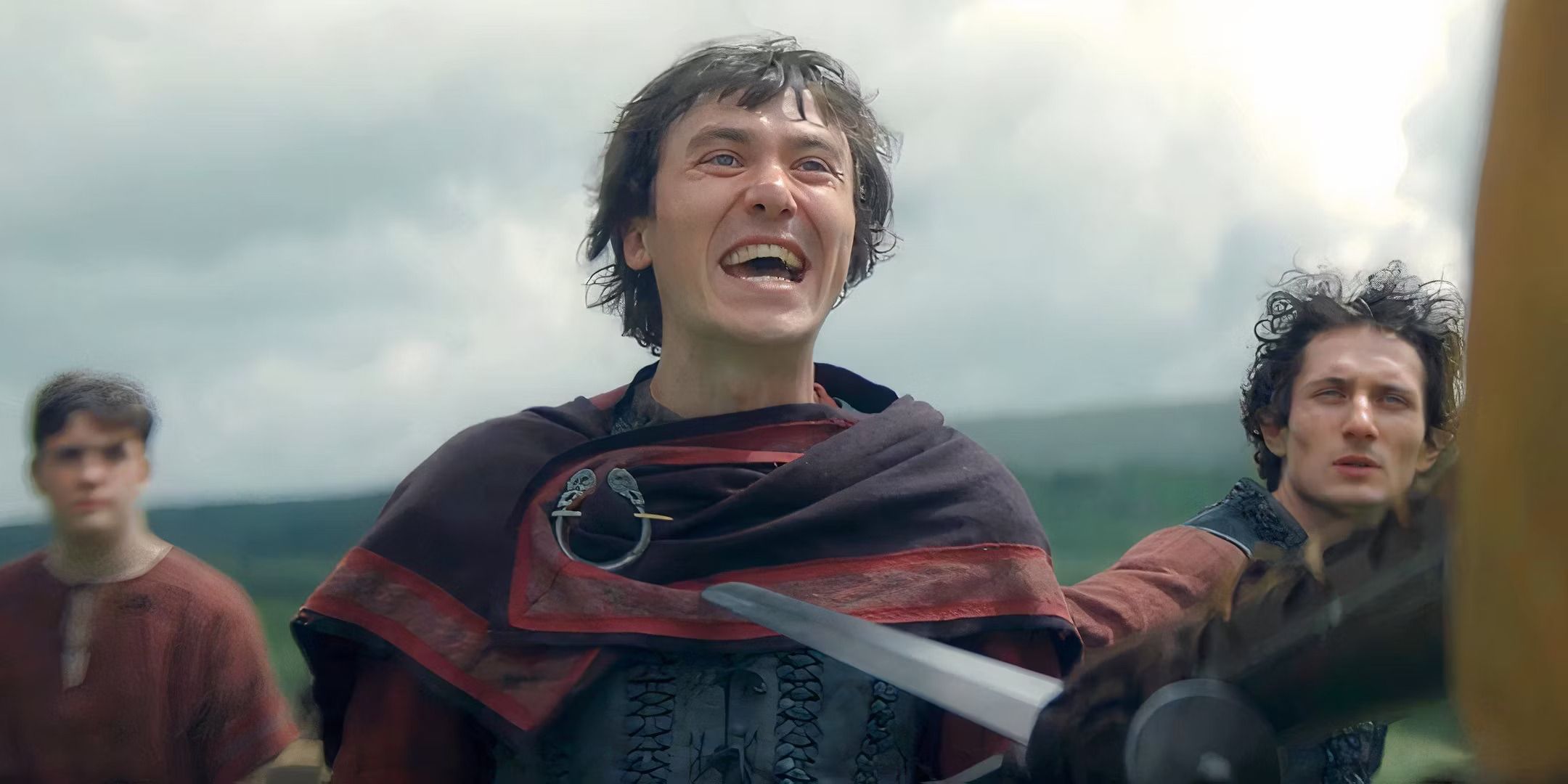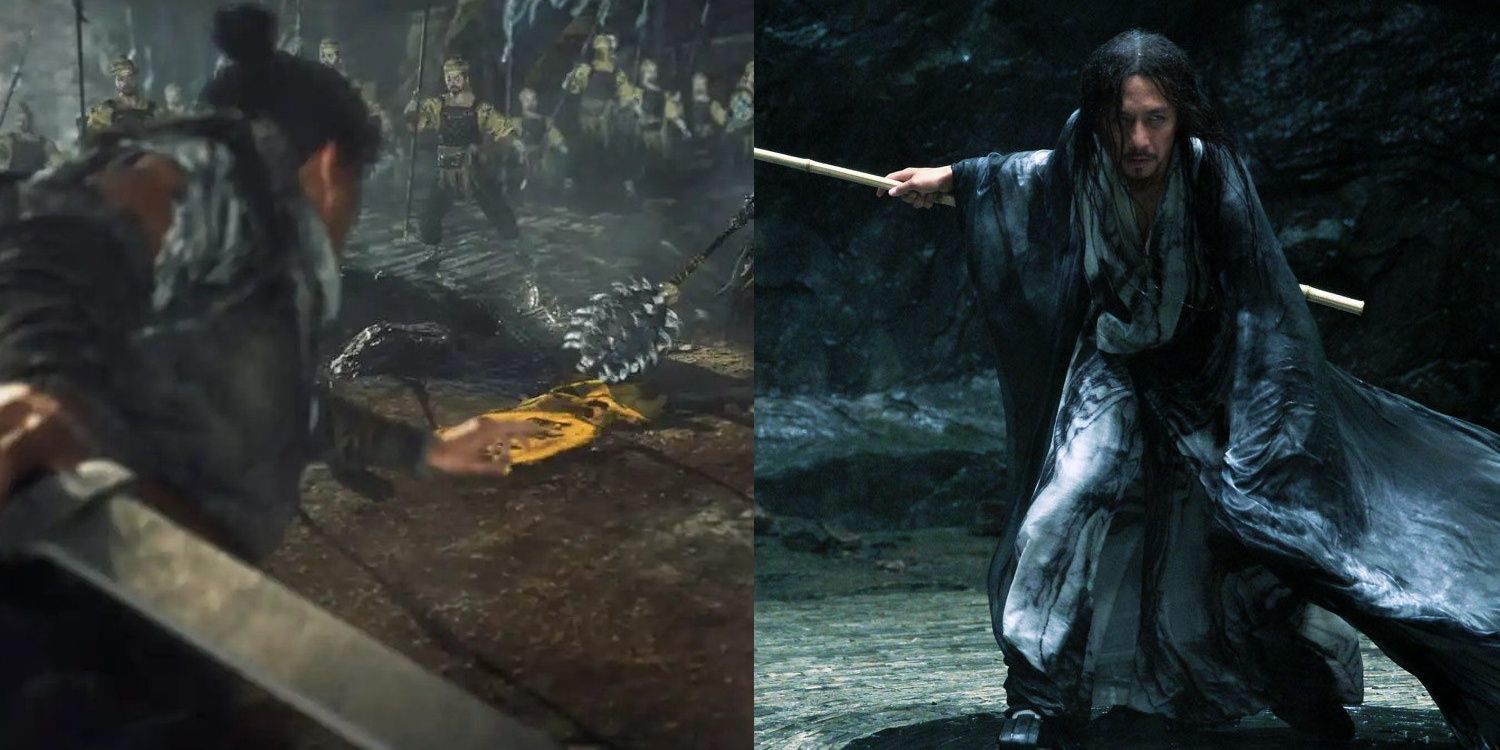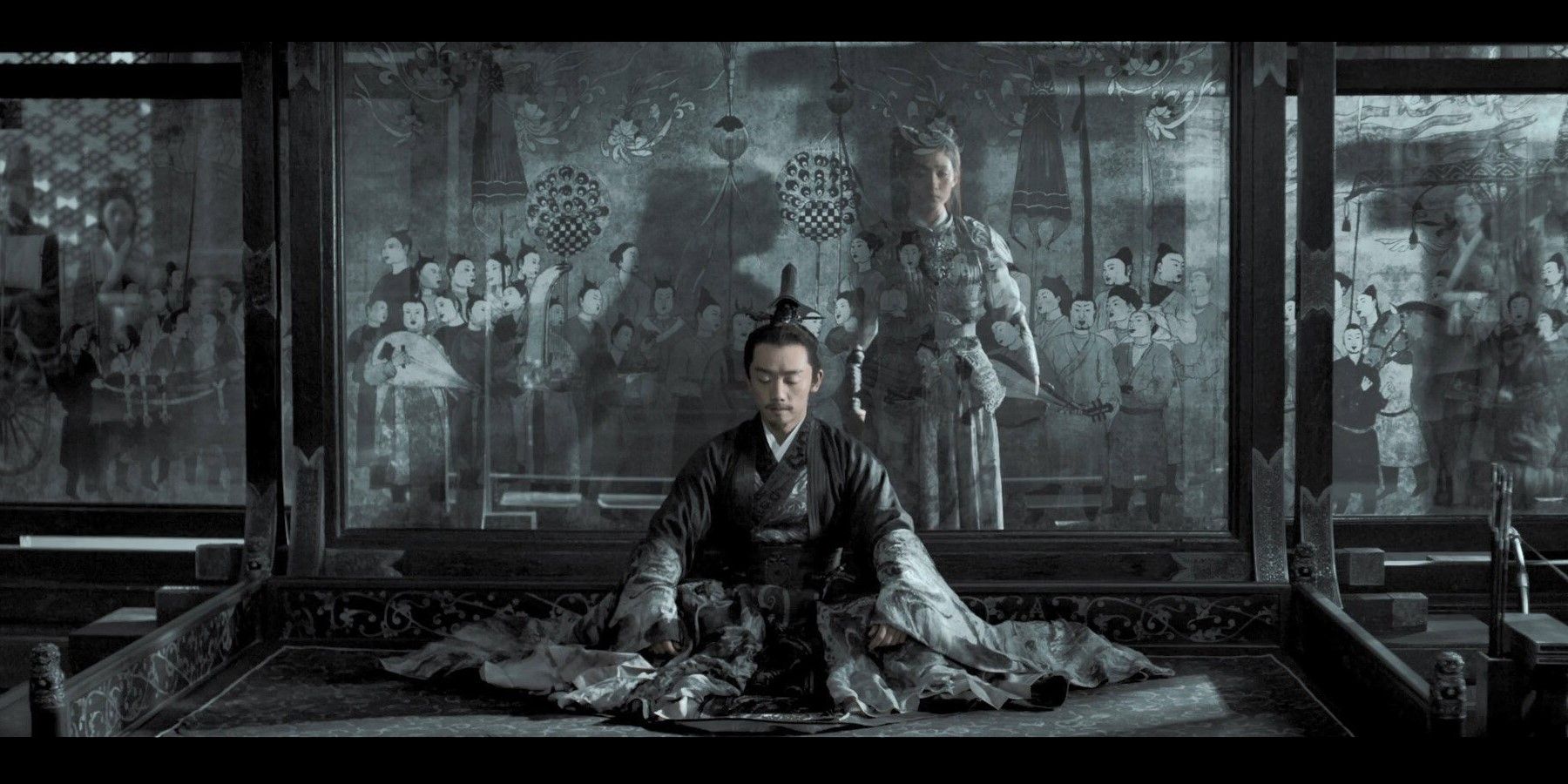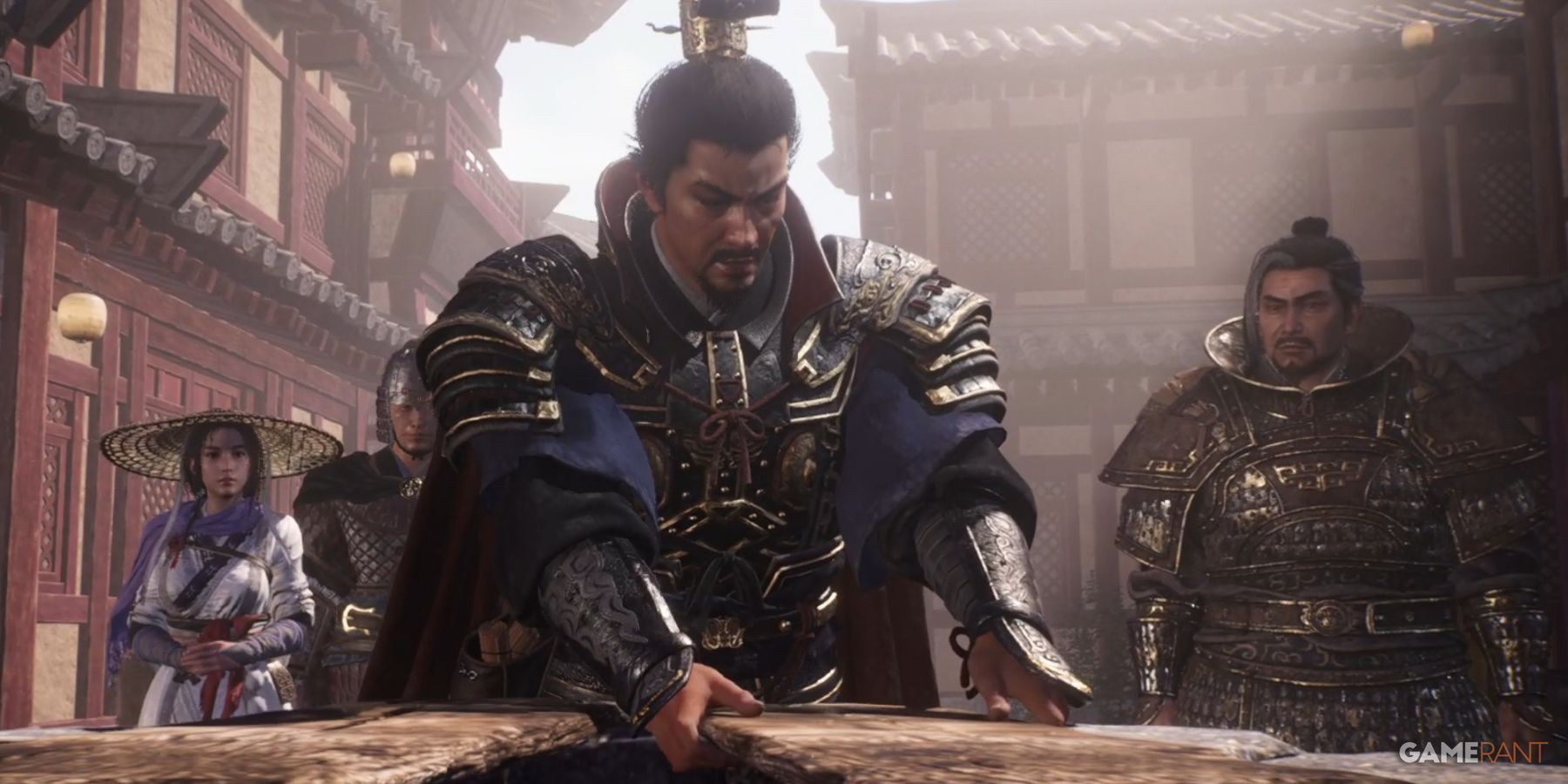Every culture has foundational stories that live thousands of years beyond their creation. Most examples have been adapted countless times into different mediums, and they'll almost all stick around. One great example is the Romance of the Three Kingdoms, which remains one of the most important stories in China.Wo Long: Fallen Dynasty explores the tale through an action game, while Zhang Yimou's Shadow brings it a brilliant visual flair.
Zhang Yimou attained worldwide fame with his 1990 film Ju Dou, but he revolutionized the wuxia genre with his beloved films Hero and House of the Flying Daggers. He remade the Coen Brothers' directorial debut feature, he made his first English-language blockbuster with 2016's The Great Wall, and he made a successful return to wuxia with his 2018 film Shadow.
What is Shadow About?
Shadow is the first film Yimou directed after his American blockbuster debut in 2016. It is, in many ways, a return to form for a director who many fans felt had abandoned his primary skill set. His grand return is an exercise in lighting a very long fuse attached to an extremely large fireworks display. The first act sets the stage with a lot of stern people in period clothing discussing courtroom drama. It's well-shot and well-acted, but it feels very functional. The story opens in a kingdom called Pei that recently lost a crucial piece of territory in a duel between generals. Pei's general Ziyu suffered a gruesome defeat at the hands of the seemingly immortal Yang Cang, but he demands a rematch. The petulant king is enraged, but Ziyu has a plan. In secret, he's nursing his grievous wound while he hides out in a cave. In his place, his brother Jingzhou prepares for the rematch.
Jingzhou and Ziyu's plan is a bit more complex than simply sending the younger brother this time. Instead, they intend to let Jingzhou hold Yang Cang in the duel while Ziyu retakes the city he lost last time. To best Yang Cang, Jingzhou takes the advice of his brother's wife Xiao Ai, and learns to counter his enemy. Their relationship blossoms as Ziyu's loss drives him to madness and cruelty. In the meantime, Pei trains 100 convicts in the ways of their new signature weapon, a bladed umbrella designed to counter more traditional armaments. The fate of the two kingdoms hangs in the balance of these two battles. As blood begins to spill, Ziyu's relationship with his shadow threatens the lives of everyone involved.
How Does Shadow Relate to Wo Long: Fallen Destiny?
One of the strangest elements of Shadow is the way it changes the names of all of its major players. Almost every character in the film is based on a character from Romance of the Three Kingdoms, but the names have been changed, often very slightly. Wo Long uses the historical setting of the Three Kingdoms period as its primary center, but it adds to the story. Wo Long is a mix of Chinese history and Chinese mythology, adding a supernatural edge to the epic feudal tale. This leads to interesting spectacles in the model of something like Hades. It's a game in which the unnamed main character can summon the Azure Dragon to kill Lu Bu. Though Shadow is much more grounded, it also takes an interesting approach by combining elements of Chinese culture.
The most striking thing about Shadow is its art style. The film is rendered in semi-pure black and white, muting the overwhelming majority of its color. Splashes of blood paint blank canvases, every character's flesh tone stands out against the stark monochrome, and the movement of glinting steel can't help but catch the eye. According to Yimou, the stylistic choices mirror the visuals of classic Chinese ink paintings. The film looks unlike anything else, both in Yimou's filmography and the general wuxia genre. Where Wo Long combines Chinese history with Chinese mythology, Shadow combines the same history with classical Chinese art. This makes both works interesting comparison pieces that mirror each other in tone and structure. One could imagine using the format of Wo Long to make a video game adaptation of Shadow. Or inserting a mess of ancient beasts into the stark world of Shadow.
Shadow is a solid wuxia offering that re-establishes Zhang Yimou as one of the most interesting talents in the genre. It's a beautiful tone poem with a lot of interesting narrative beats. The action is some of the most engaging on-screen combat of the 2010s, but it really soars from a visual perspective. Wo Long captures many of the same successes with its fast-paced fighting and elegant art style. Both works pull a lot from the same sources of inspiration, but they came away with very different final products. Wo Long and Shadow demonstrate what creative people can do with similar source material.

